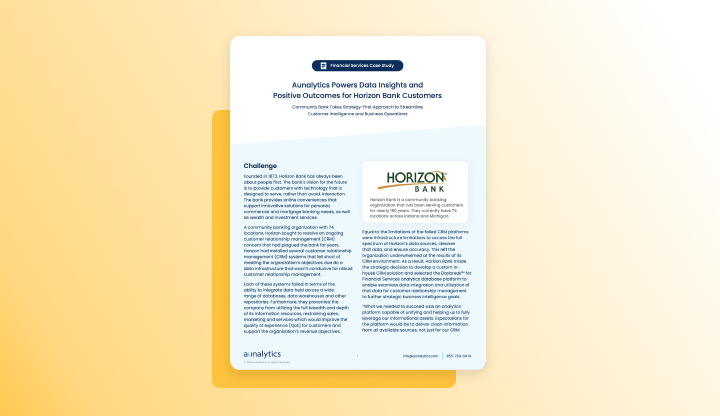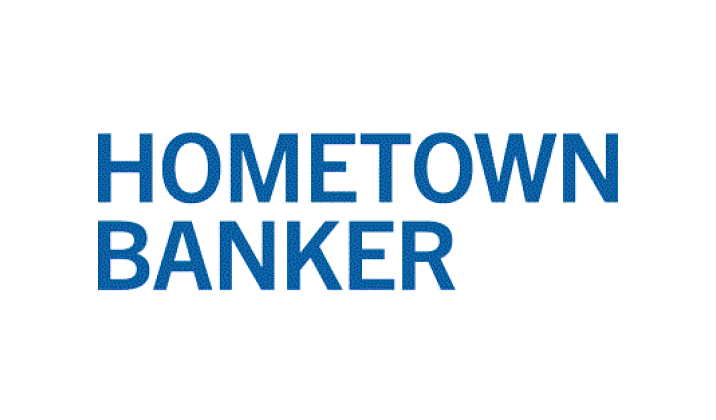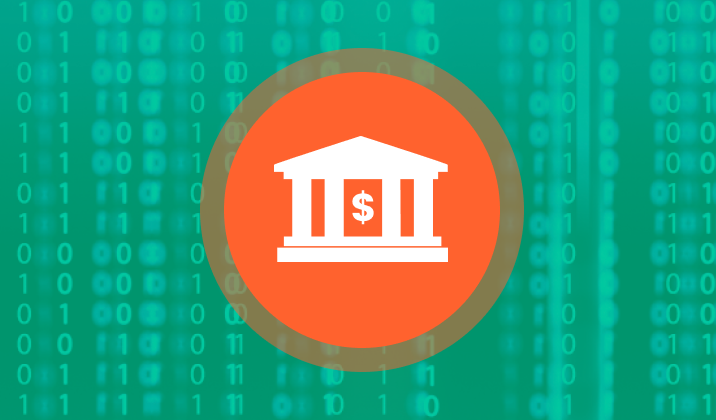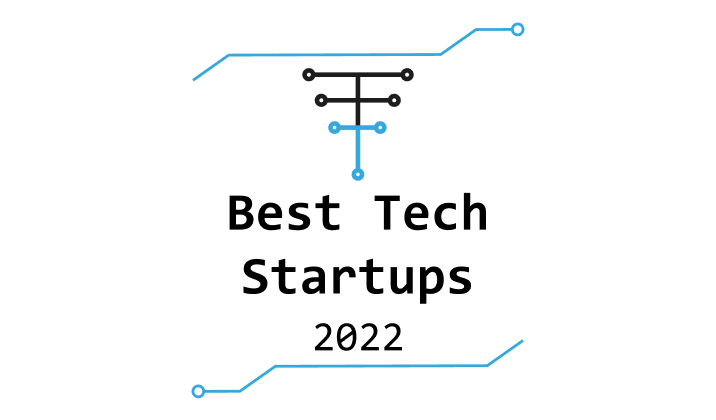CU Conferences: 22 Spring Training Conference - Florida
Spring Training Conference
CU Conferences
TradeWinds Island Grand Resort, St. Petersburg, FL
Aunalytics to attend Spring Training Conference in Florida
Aunalytics is excited to attend CU Conferences’ 2022 Spring Training Conference in St. Petersburg, FL, as a Lunch Sponsor. Aunalytics will be demonstrating Daybreak™ for Financial Services at their exhibit booth. Daybreak enables credit unions to more effectively identify and deliver new services and solutions for their members so they can provide a more personalized member experience.

CU Conferences: 22 Spring Training Conference - Arizona
Spring Training Conference
CU Conferences
Scottsdale Plaza Resort, Scottsdale, AZ
Aunalytics to attend Spring Training Conference in Arizona
Aunalytics is excited to attend CU Conferences’ 2022 Spring Training Conference in Scottsdale, AZ, as a Lunch Sponsor. Aunalytics will be demonstrating Daybreak™ for Financial Services at their exhibit booth. Daybreak enables credit unions to more effectively identify and deliver new services and solutions for their members so they can provide a more personalized member experience.

Aunalytics Powers Data Insights and Positive Outcomes for Horizon Bank Customers
Aunalytics Powers Data Insights and Positive Outcomes for Horizon Bank Customers
Community Bank Takes Strategy-First Approach to Streamline Customer Intelligence and Business Operations
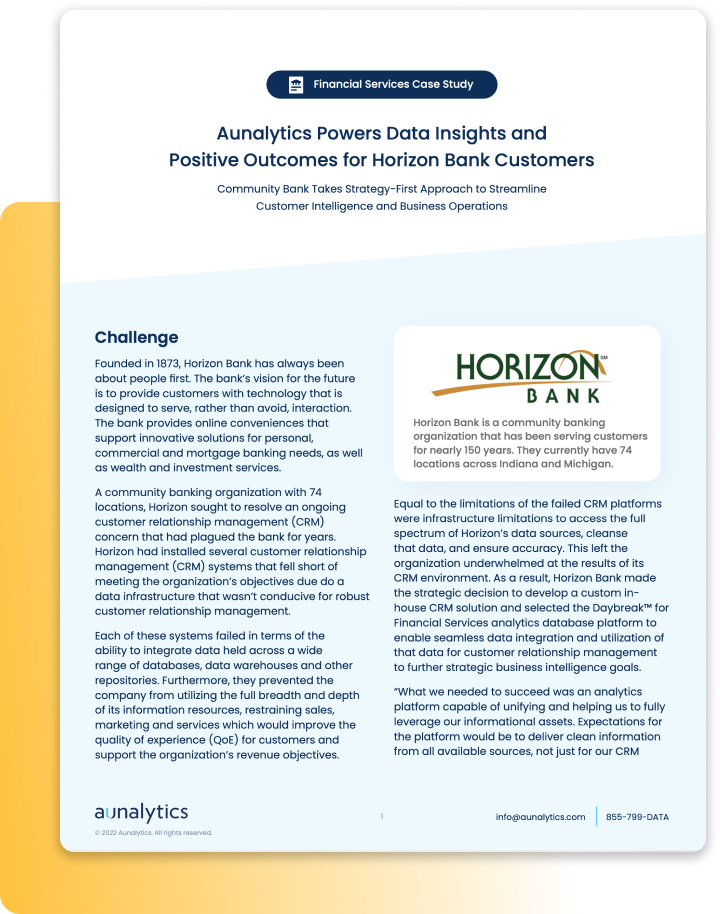
Fill out the form below to receive an email with a link to the case study.
Aunalytics is a data platform company. We deliver insights as a service to answer your most important IT and business questions.
Related Content
Nothing found.
Aunalytics Powers Data Insights and Positive Outcomes for Horizon Bank Customers - PDF
Aunalytics Powers Data Insights and Positive Outcomes for Horizon Bank Customers
Community Bank Takes Strategy-First Approach to Streamline Customer Intelligence and Business Operations
Related Content
Nothing found.
Financial institutions are frequently targeted in cyberattacks—here’s how to protect your bank or credit union
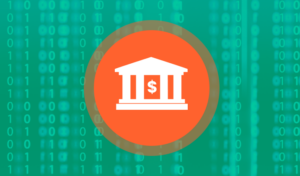
Attacks are increasingly sophisticated and cyber criminals continue to invest in new and complex criminal strategies and campaigns. Hackers in banking often take advantage of the interdependencies of financial institutions to service products such as credit cards and mortgages for other banks. From one bank breach, the cyber cartels jump to the partnered financial institution to steal its data as well.
In some types of cyberattacks, criminals make slight changes to data, which may not be immediately detectable. Because nothing is stolen at the time, users may not recognize the attack. However, once the criminals gain access to this data, they can manipulate algorithms in the system for their own financial gain. Timestamp manipulation is a newer strategy, whereby criminals have found that they are more likely to evade detection if they manipulate time for an otherwise valid transaction. Changing timestamps can alter the value of capital and trades. Because the parties to the transaction appear to be legitimate, this type of fraud is harder to detect.
Other criminals outright steal data for financial gain by selling it, hold data hostage for ransom profit, or pilfer intellectual property such as an organization’s competitive strategy and business plans to sell to interested parties. But the main goal in banking cyber-criminal activity is direct profit from a modern-day bank heist—stealing money from the bank.
Despite the increasing complexity of cyberattacks against financial institutions, there are some tools and best practices that banks and credit unions can use to protect themselves from these threats:
- Continuously update security technology and protocols as threats evolve and adapt with the help of a dedicated full-time security team.
- Employ 24/7/365 monitoring with remote remediation to quickly stop attacks in their tracks
- Monitor endpoint devices to stop attacks before they hit networks.
- Monitor cloud security including application use across the financial institution.
- Monitor email and Office 365 using tools specially designed to thwart attacks on these platforms, such as proactively recognizing and removing phishing scams.
- Have a dedicated security team and SOC, or hire an expert outside managed security services firm that embeds tools, technology and 24/7/365 monitoring to serve as your SOC.
- Push frequent patches so that user devices are equipped with the latest security protections.
- Adopt deep learning or AI monitoring, mitigation and context investigation that can more quickly identify threats.
- Encrypt data so that it is not compromised even if a breach occurs.
- Use multi-factor authentication to protect against unauthorized access.
- Instruct employees and customers to only access bank data in a secure location over a non-public Internet connection.
- Train employees on cybersecurity threats quarterly.
- Develop a solid business recovery plan for when an attack occurs.
Learn more about how Aunalytics Advanced Security helps protect financial institutions, and businesses in other highly regulated industries, from cyberattacks.
Marketing pitfalls can damage customer relationships—here's how to avoid them
While the main goal of marketing is to gain new customers or increase spend from existing customers, at times, marketing effort can do more harm than good. Unfortunately, a marketing campaign could not only fail to entice customers, but certain pitfalls could actively damage customer relationships. Fortunately, there are ways to avoid them. Below are three major mistakes that marketers are prone to making.
#1 Duplicate Mailers

This leaves you to focus on the wasted paper and postage instead of the product or service being marketed. And if the company sending the mailer knew more about the target customer, perhaps the target is someone who does not respond well to snail mail and doesn’t like it. Mailed promotional materials go straight into the recycling bin without even entering houses in many households. This type of waste would be avoided by intel on channel preference of prospects.
When you receive duplicate mailings from a company that you do not do business with currently, it can be viewed as a sign that the customer experience would lack attention to detail, personalization and efficiency. This is a turnoff. That company is likely to be put on a mental list of those you do not want to do business with – period.
If a company that you are doing business with sends multiple duplicative mailers to your home, this can be even worse. In this digital world, many businesses ask customer profile questions including preferred contact method. If you opt in for electronic communications and e-bills, sending a mailer shows that the company is either not listening to its customers or the company is not communicating well within its internal teams. You took the time to complete the profile, yet the business can’t be bothered with using your input. Did anyone read your form fill results? Again, this shows lack of personalized customer experience, inefficiency and lack of cohesiveness in operations. As a current customer, you feel even more devalued than the business that does not have a relationship with you.
Sometimes the duplicate mailings are sent to your name using slight variations of your address, such as “Street” versus “St.” If the business cleaned up its mailing list and recognized that this is the same location, it would save on operational costs and make the company look smarter.
#2 Marketing Products to Customers Who Just Bought Them
A second frustration is receiving a mailer from a company that you currently do business with asking you to purchase products or services that you already have purchased from them. For example, a bank sends a mailer to open a HELOC account or a credit card account when you already have that product from that bank. Is the bank carpet bombing mailings to everyone? How wasteful. Is it that the bank does not care enough about you as a customer to take the time to realize which products you already have with them?
The misdirected marketing may cause customers to begin to think that they should place their business with a bank that cares about their business enough to know which accounts a customer has with them. Really, the relationship would be better if the bank stopped trying to engage its customers than continue to do so with communications that miss the mark.
#3 Bad Timing
A third pet peeve with marketing is when the offers are untimely. For example, if you just refinanced your mortgage with your bank, the bank should not send you a mailer 10 days later for a refinancing opportunity. Yes, customers appreciate notification of interest rates becoming more favorable. But given that you just paid closing costs (or folded them into your loan), refinancing 10 days later is not likely. Instead, you run the risk that the customer sees even better terms being offered and feels dissatisfied with his new product or even mad. From the customer’s perspective, if the bank had told him to wait 10 days, he’d have better terms. Marketing can do better on timing.
Marketing should not damage customer relations.
The Digital Data Challenge
Many businesses have a plethora of data that is typically siloed across many systems throughout the organization. Aggregating and integrating this data for marketing purposes is a major challenge that can be difficult and time-consuming, if not nearly impossible.
Hyper-personalized services that factor in intelligence about a customer holistically should form the core of customer relationships. To achieve this goal, businesses can integrate their disparate data architecture across lines of business and functions to create a 360-degree view of customers and allow for targeted marketing based upon data.
New and advanced data analytics powered by artificial intelligence (AI) are available today that enable customer intelligence to drive marketing. Aggregate your data and ensure that it is cleansed to remove duplicate customer lists for mailings. AI-powered analytics recognizes when people with different names are part of the same household to further eliminate duplicate mailings.
Harness the power of your data to personalize a customer’s experience with your company and not only avoid these pitfalls, but enable smarter targeted marketing.
